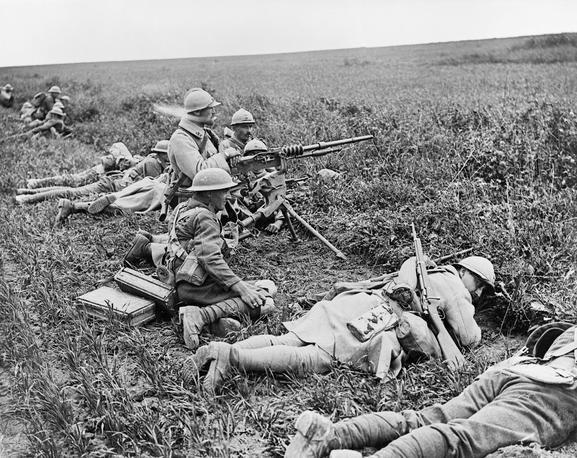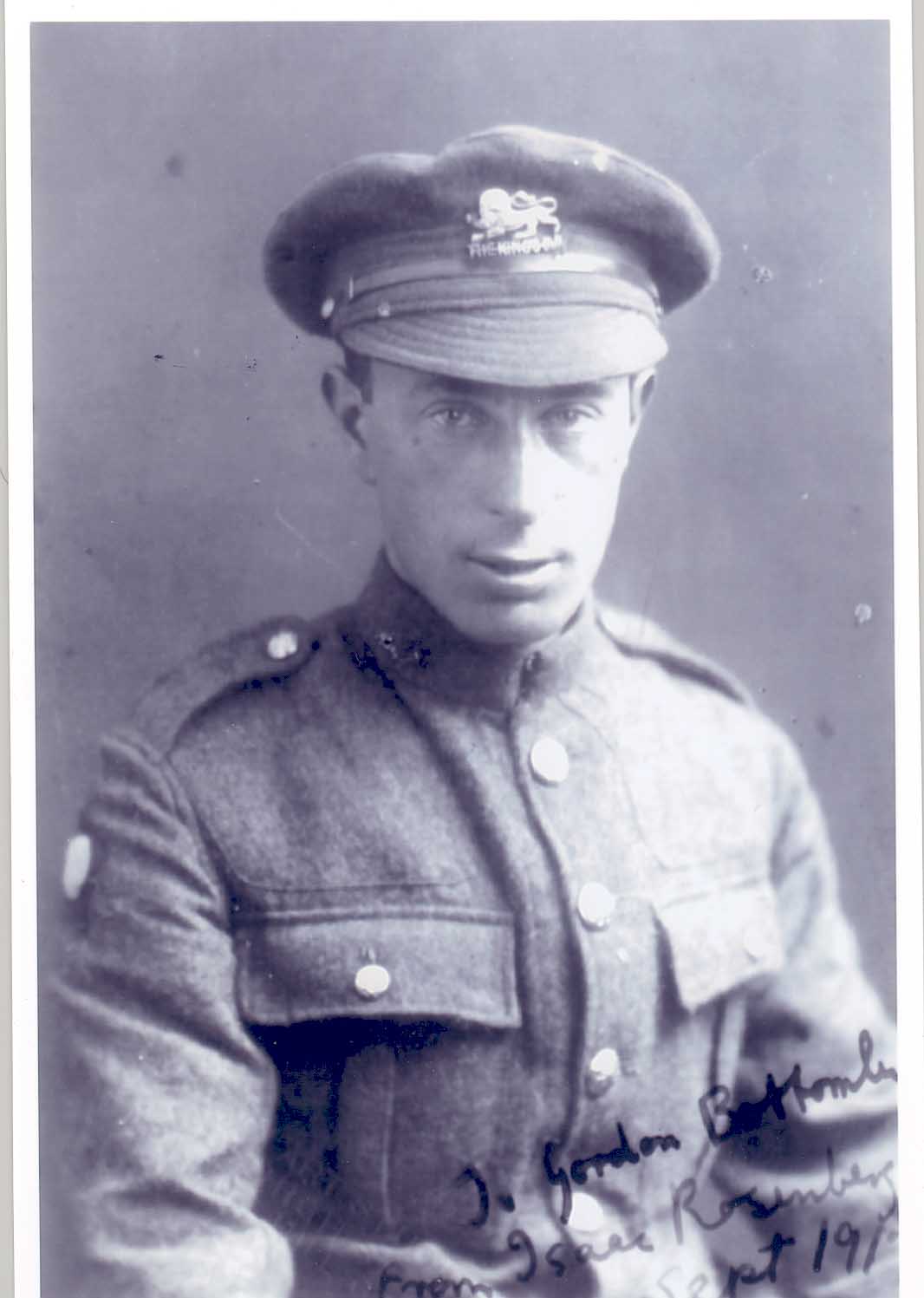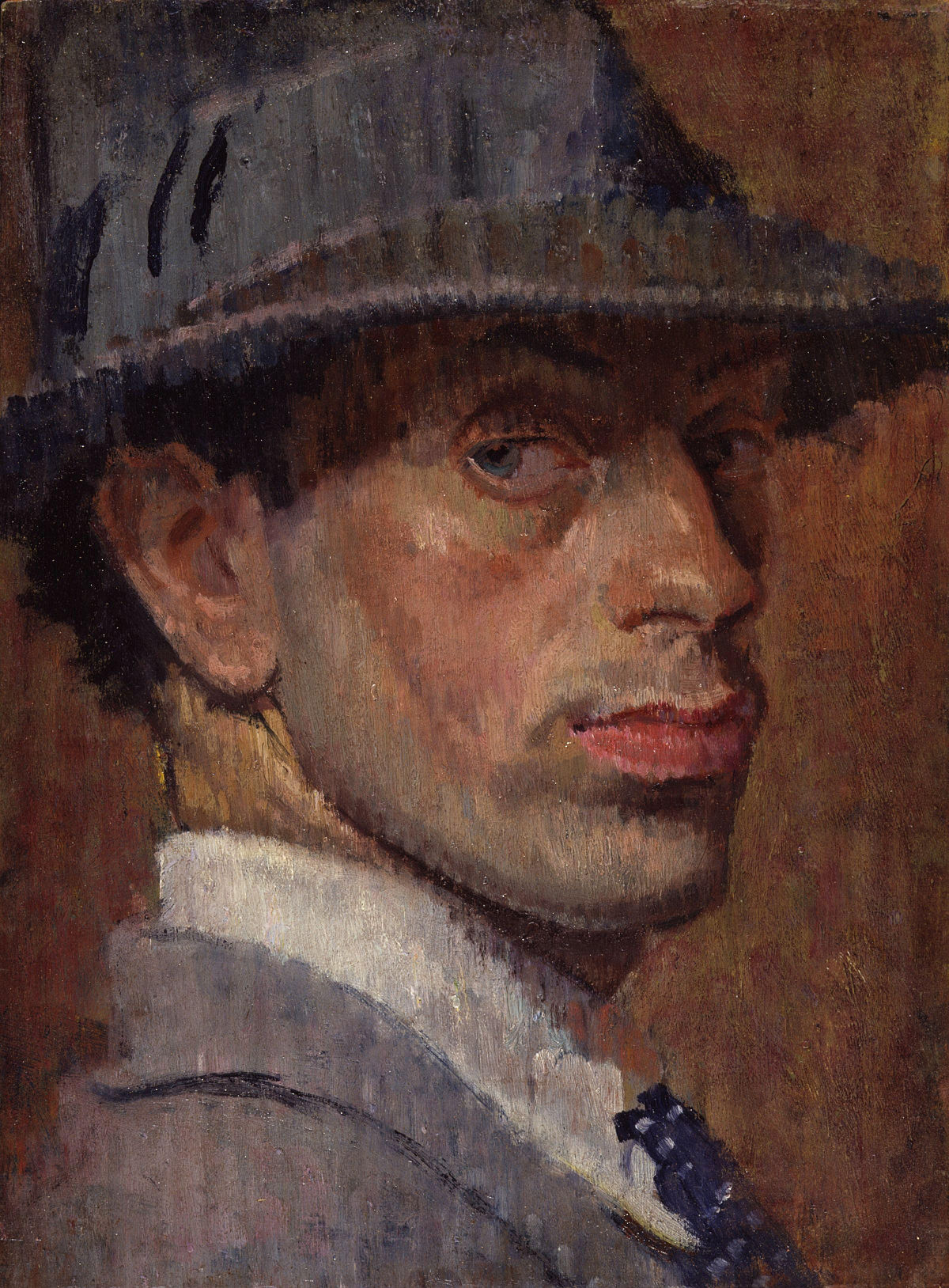British, Allies Outnumbered, Yet Hold Off Attackers;
A Poet in the Trenches.
Special to The Great War Project.
(2 April) On this Easter a century ago, “General Pershing, the commander of the American Expeditionary Force in Europe, finally agreed,” reports historian Martin Gilbert, “that American troops could join the British and French armies in small formations.”
This is well before they were numerous enough to form armies of their own. That had been a matter of sharp contention ever since the U.S. declared war on Germany more than a year earlier.

French troops hold off the German spring offensive, 1918.
Observes Gilbert, “This decision was a boost to Allied morale, even if it meant that the bulk of the American troops already in Europe, and those who would be arriving at the rate of 120,000 a month, would not yet be in action” on their own.
It has been General Pershing’s view that “the morale of our soldiers depends upon their fighting under our own flag.
These are “uneasy days” for the Allies, writes historian Gary Mead “with both British and French commanders just one step away from panic as the long-expected German offensive seemed to be unstoppable.”
Winston Churchill, British minister of munitions touring the frontlines at this moment, telegraphs Prime Minister David Lloyd George in London, reporting on “the attitude of the French politicians and generals he was consulting.”
“It is considered certain here,” Churchill wrote, “that the Germans will pursue this struggle to a final decision all through the summer and their resources are at present larger than ours.”

Allied soldiers confront gas attack in German spring offensive.
April 4th, the Germans bear down on the Allies, launching a renewed artillery bombardment, “unleashed by more than 1200 guns and sending fifteen divisions against seven Allied.”
The Germans greatly outnumber the Allies, even as more and more American troops begin to arrive in the frontline trenches.
Also on this Easter, a century ago, after twelve straight of fighting, the British push back, and retake much territory they had previously lost. Then there is a lull in the fighting.
After just a few days, the Germans renew their offensive.
“At first,” reports historian Gilbert, “there was panic among the British troops facing this renewed onslaught.”
But a combined force of British and Australian troops drives back the attackers.
The next day, in a surprise move, the German supreme commander calls off the offensive. Later he writes: “The final result of the day is the unpleasant fact that our offensive has come to a complete stop and its continuation without careful preparations promises no success.”

Isaac Rosenberg
Among the soldiers killed that Easter Sunday a century ago is a twenty-eight-year-old poet and artist: Isaac Rosenberg. He had fought on the Western Front for nearly a year. Incredibly prolific, he had written some remarkable poetry. Here’s just a tiny sampling of his work, cited by Martin Gilbert:
Heaped stones and a charred signboard shows
With grass between and dead folk under,
And some bird sings, while the spirit takes wing.
And this is Life in France.
And this:

Isaac Rosenberg self portrait.
I killed them but they would not die.
Yea! All the day and all the night.
For them I could not rest or sleep.
Nor guard for them,
Nor hide in flight.
